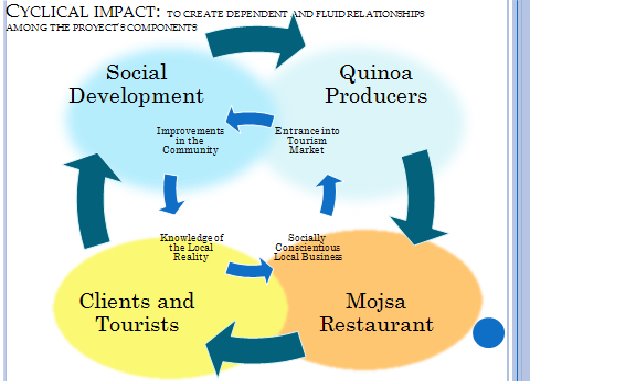
“Give a man a fish; you have fed him for today. Teach a man to fish; and you have fed him for a lifetime"
Today's cloudy gray skies may not be too exciting for the international tourists who are hoping to stay dry on their trips to the island communities of Lake Titicaca. For rural farmers, though, the sky offers a sign of anticipation and excitement as the planting season is about to begin.
On Saturday 30th and Sunday 31st, 2008, quinoa seeds were distributed among the 16 farmers in 2 communities participating in the Samka project. Now, the farmers are eagerly awaiting the first drops of rain ot fall on their dry "chacras" (farming fields).
The producers belong to one of two communities located in the districts of Huacullani and Zepita in the province of Chucuito: During the first year of planting, the producers are responsible for their own production. They are also expected to coordinate as a committee and work towards managing an organization with democratic processes and internal control for decision-making of production and technical training development. They will also be held accountable for quality of quinoa production as they move towards organic standards.
During the first year of planting, the producers are responsible for their own production. They are also expected to coordinate as a committee and work towards managing an organization with democratic processes and internal control for decision-making of production and technical training development. They will also be held accountable for quality of quinoa production as they move towards organic standards.Over the next two years, these producers (and potentially more participants in the 2009-2010 production year) will benefit from a secured market, offered by Mojsa Restaurant. Additionally, they are promised a fair price for their goods and continual technical and organizational support from Centro-IRPA.
So, today, surely all of the farmers are looking to the skies with great anticipation for the drops of hope and prosperity to begin to fall.

(Nicanor, Isani's first Quinoa Committee President looking over his seeds with his wife, baby daughter, and niece.)
